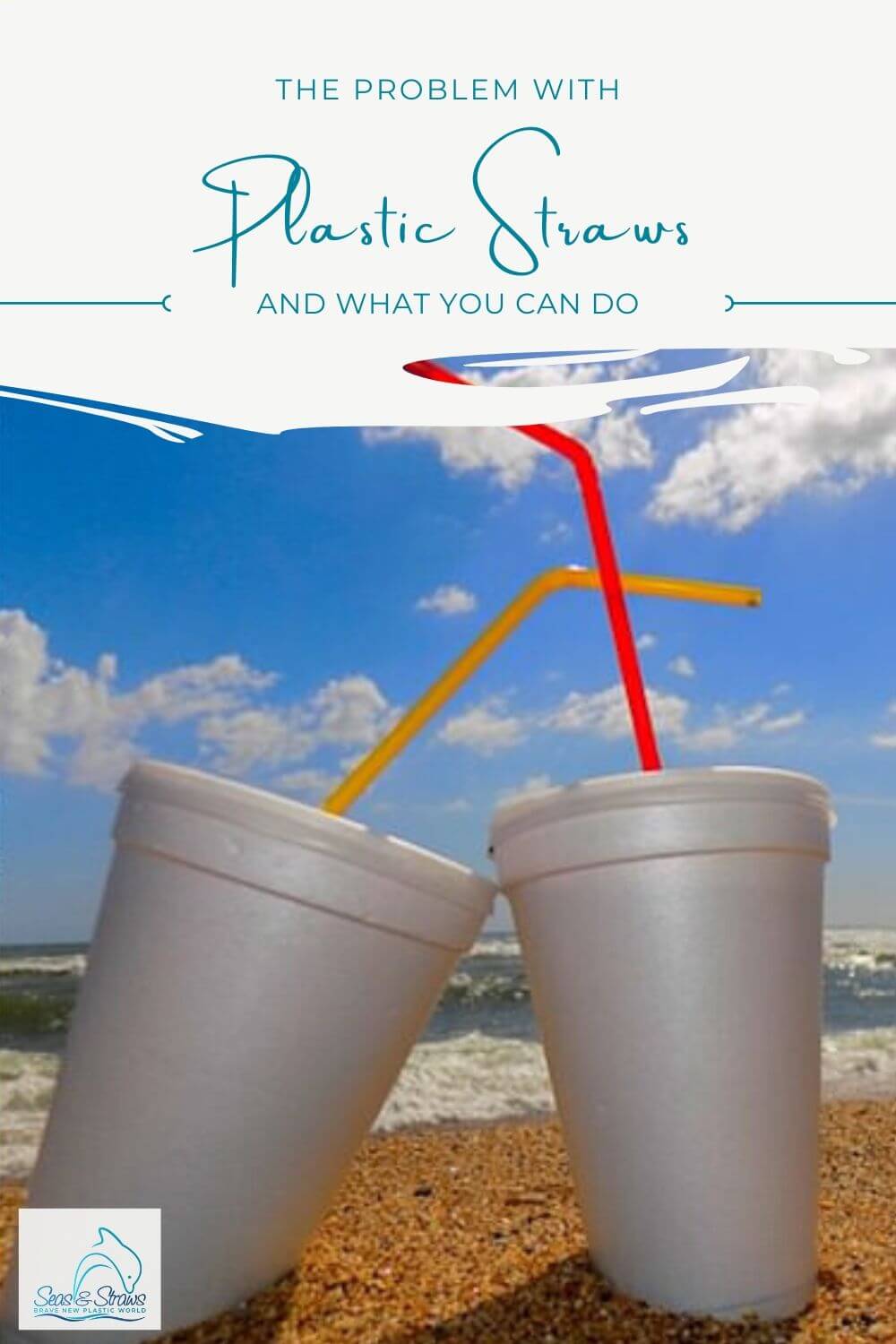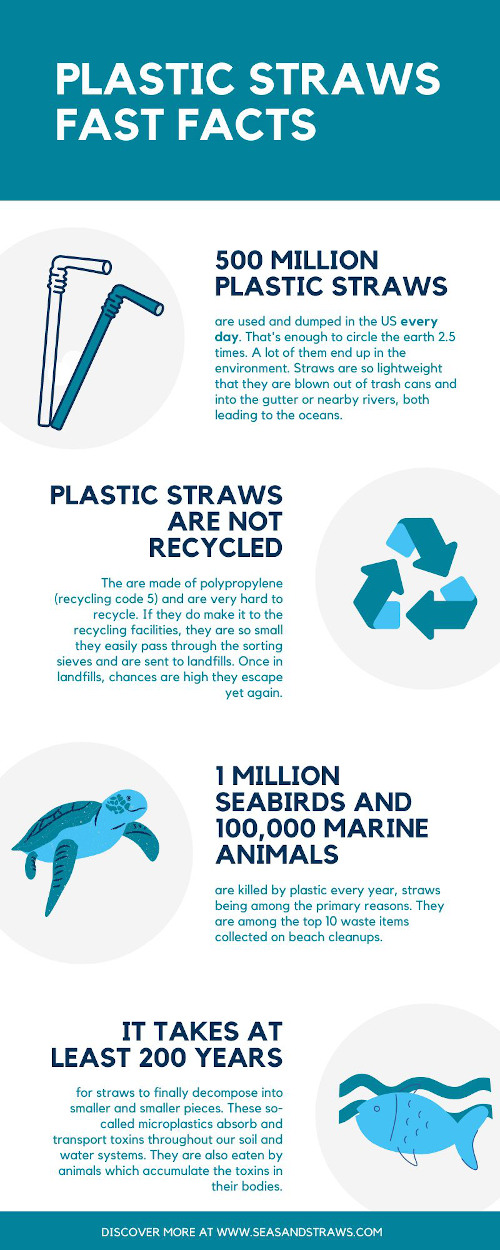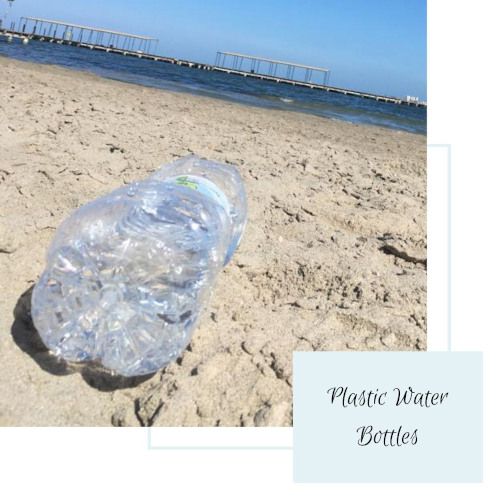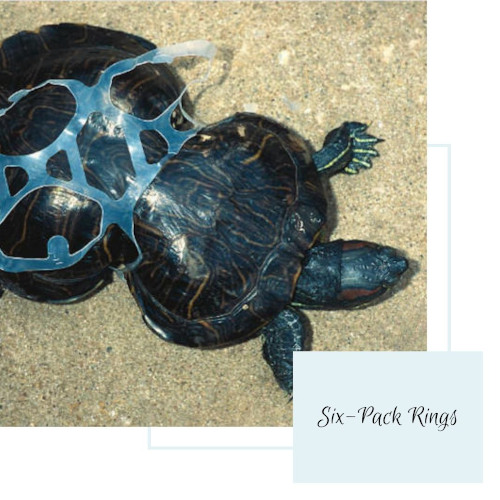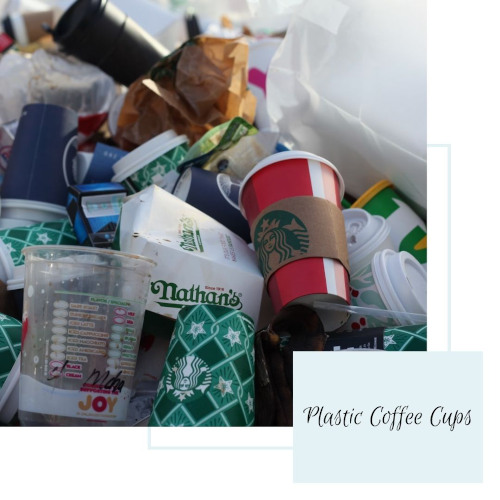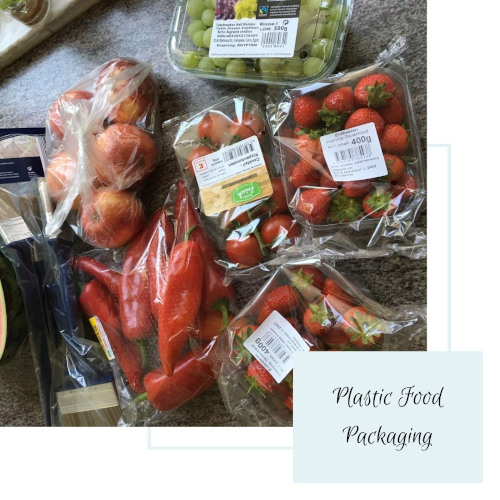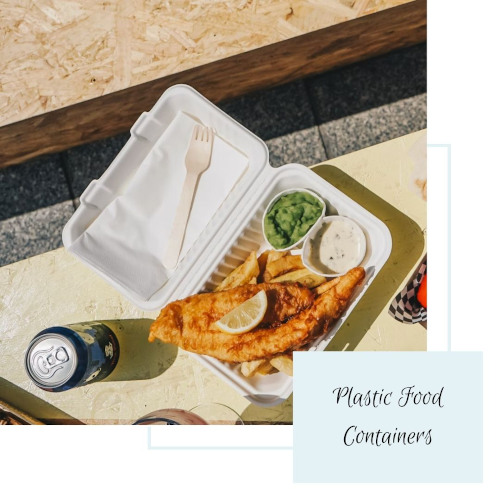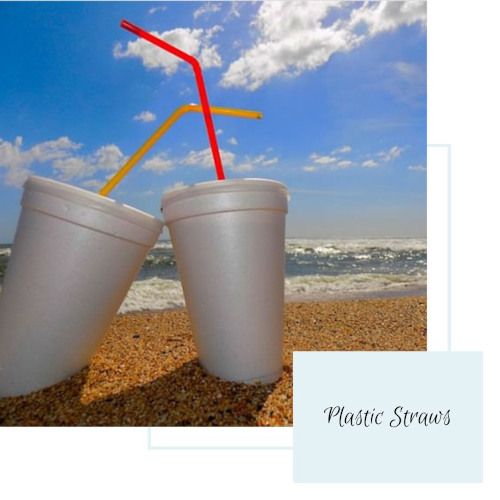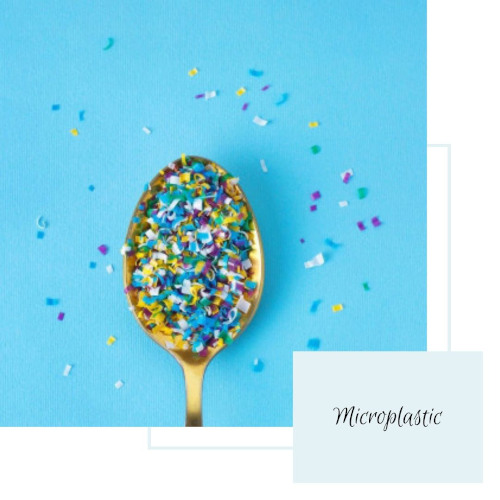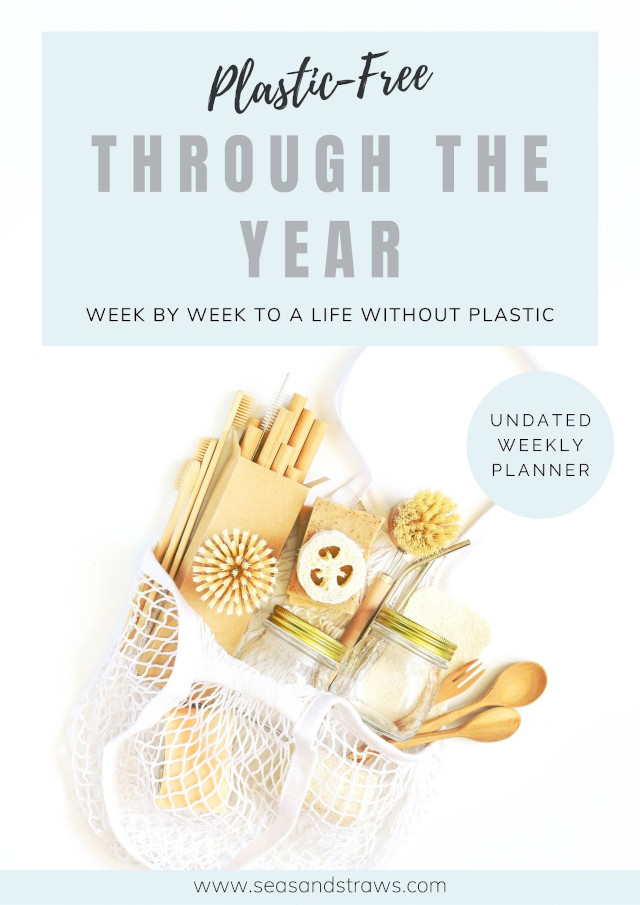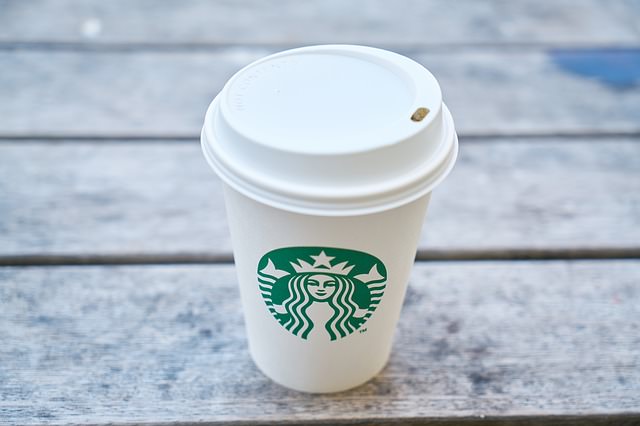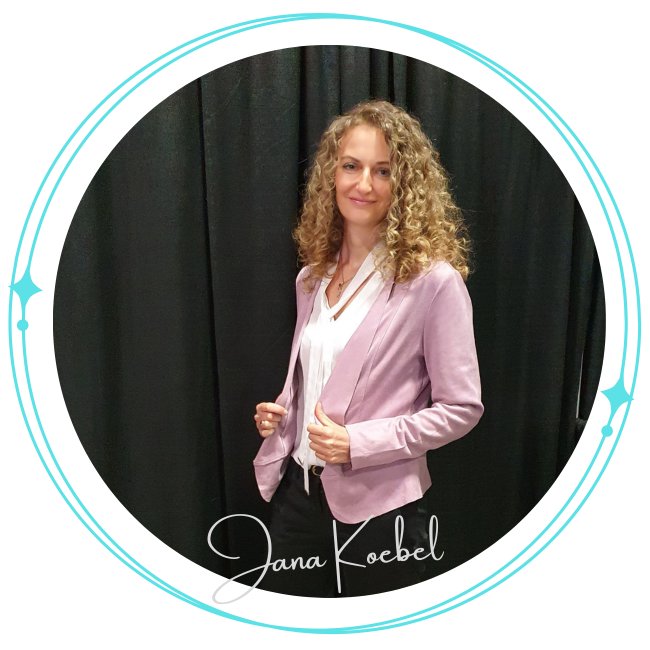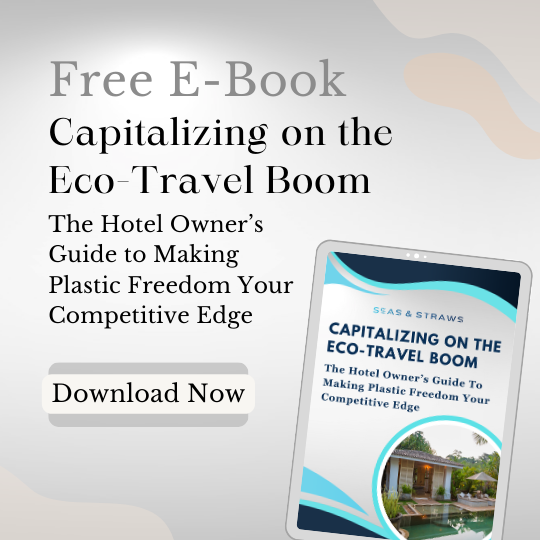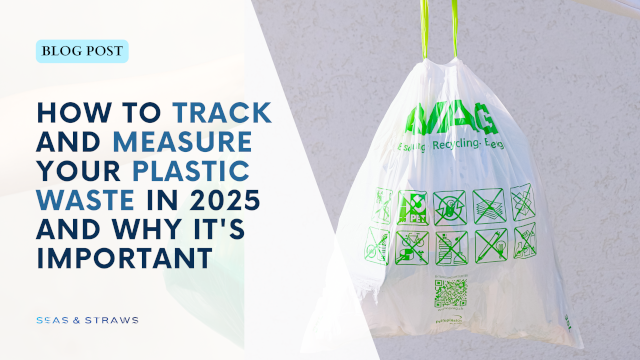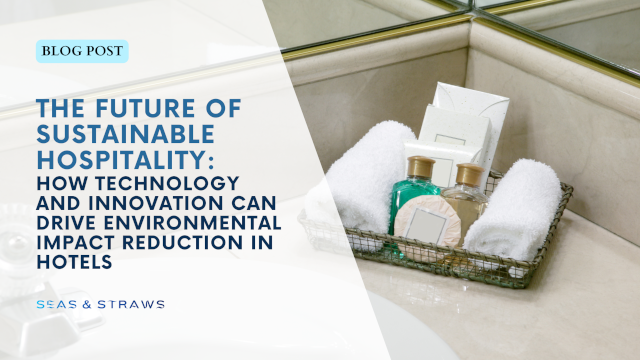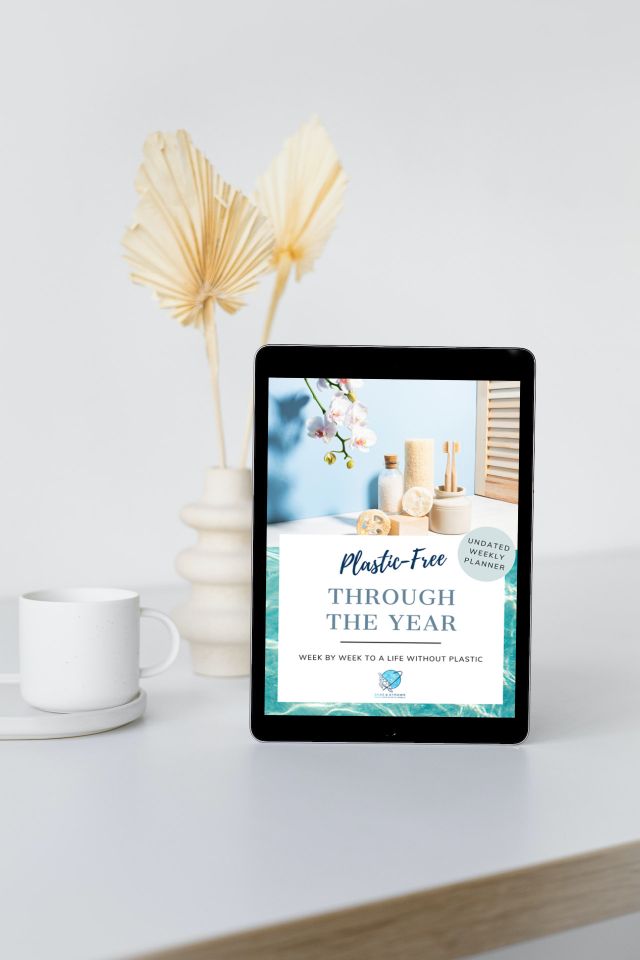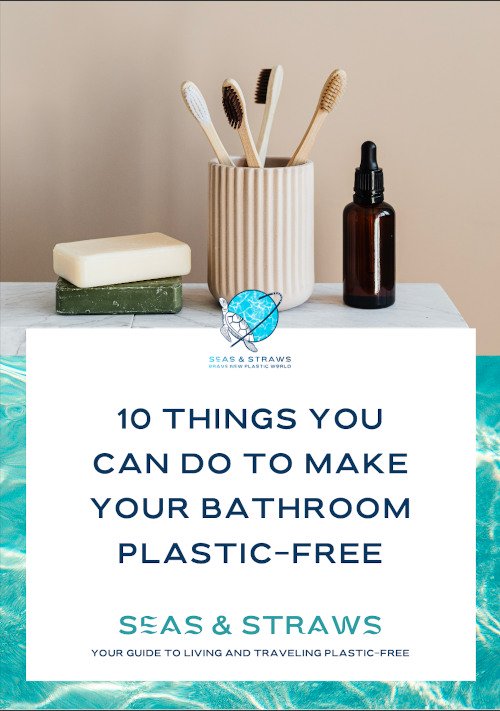- Home
- Plastic at Home
- Plastic Recycling Codes
- Plastic Straws
Plastic Straws
Have you seen that video of a turtle with a plastic straw embedded in its nostril? It went viral on the net so chances are you have.
If not, here it is but I warn you: it’s painful to watch.
This video broke my heart and inspired me to name my site Seas & Straws.
This beautiful, kind creature was in so much pain from something I used for only a few minutes and discarded without a second thought. How can such a small item do so much harm? How can we do so much harm with such an utterly unnecessary item?
It’s not the size but the sheer numbers that make plastic straws one of the biggest environmental pollutants. No global figures exist but Americans alone use 500 million straws per day. This is mind-blowing.
No wonder they are among the top 10 waste items collected on beach cleanups.
How do plastic straws end up in the ocean?
Well, a lot of them are forgotten at beaches all around the world. Many people, including hotel staff, do not bother picking them up.
If they make it to the bins, they don't stay there long. Straws are so lightweight that they are blown out of trash cans and into the gutter or nearby rivers, both leading to the oceans.
Those that make it to the recycling facilities are not sorted for recycling, first because they are made of polypropylene (recycling code 5) and are very hard to recycle. Second, because they are so small they easily pass through. Once in landfills, chances are high they escape yet again.
As with all plastic, straws never biodegrade, they only break down into ever smaller pieces. In their case, that takes about 200 years.
Every year, 1 million seabirds and 100,000 marine animals are killed by plastic, straws being among the primary reasons.
Campaigns against the straw
The video of that poor turtle sparked the rise of campaigns against plastic straws all over the world, and it's gratifying to see first successes:
More and more individual municipalities like Malibu or Seattle prohibit the sale and use of single-use straws. Britain, however, was the first to propose a nation-wide ban, a few months after Queen Elisabeth II removed plastic straws and bottles from all royal estates, including cafés and gift shops. Several British corporations follow the lead. McDonalds annunced their phase-out in the UK.
Apart from Britain, legislation is, as usual, slow to react but many hotels and restaurants are voluntarily taking action, not giving out straws any more. A few independent hotels do so as well, but the big chains are still reluctant. As are most airlines and cruise ships, the worst perpetrators of oceanic waste.
Yes, there is still a lot to do.
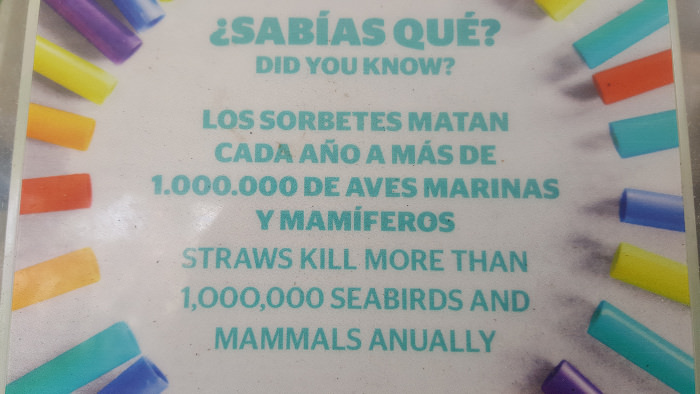 An all-inclusive hotel in the Dominican Republic ditches the straw. Photo: seasandstraws.com
An all-inclusive hotel in the Dominican Republic ditches the straw. Photo: seasandstraws.comHow Can you help?
Campaigns are easy to support, simply because straws are so unnecessary.
Unless you suffer from a health problem, you don’t need them.
So what can you do?
- Be brave. Next time you’re at a bar or restaurant order your soda or cocktail "without plastic straw, please". It might take a bit of will power but it’s worth it. And I promise you, the restaurants are aware of the straw problem and will not look at you funny.
- Needless to say but ditch the straw at home. If you really insist on drinking your gin & tonic with a straw, consider investing in a bamboo, glass or stainless steel straw. They can be easily cleaned and reused again and again. You can even take one with you to the bar. They look fantastic in your drink and might spark a conversation. Wouldn’t it feel good to inspire others to do good?
Note: there are compostable straws, too, but I advise to steer clear of them. Those "compostable" things might biodegrade in landfills but not in the ocean. So they do nothing to help the problem. Same with paper straws. They generate waste as well, and the goal is to not do that. - If you want to take it a step further, you can join one of the various campaigns, e.g. Strawfree.org or Skip the Plastic Straw. You can pledge to ditch the straw. And you can put a bit of pressure on the restaurants and bars by printing a flyer and leaving it on their table.
Click here if you want to know more about the best reusable straws.
get the facts!
Take action! Save and/or download this fact sheet. Take it with you to your favorite coffee shop and start a conversation. You can share it freely, I just ask that you credit Seas & Straws for creating this sheet.
Download the fact sheet (pDF)
Click here to download your fact sheet on plastic straws.
The Most Common Everyday Plastic Items
Click on the image to know more.
Make your transition to a zero-waste lifestyle super smooth by checking out my Zero-Waste Weekly Planner. Don’t forget to share this with a friend who may also need a little pick-me-up.
Get Your Weekly Planner
Plastic-Free Through The Year
Resources
